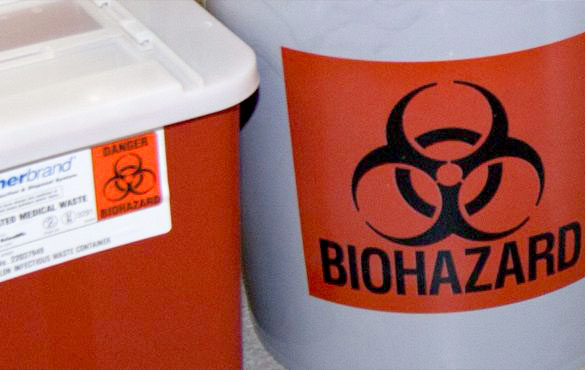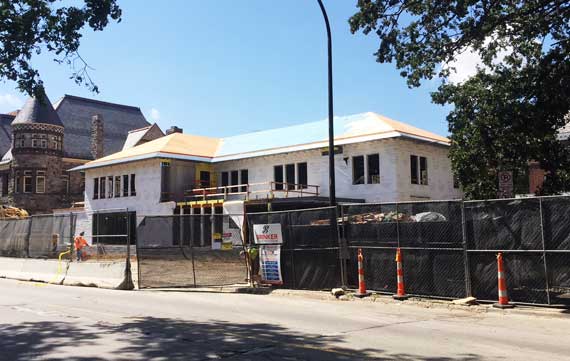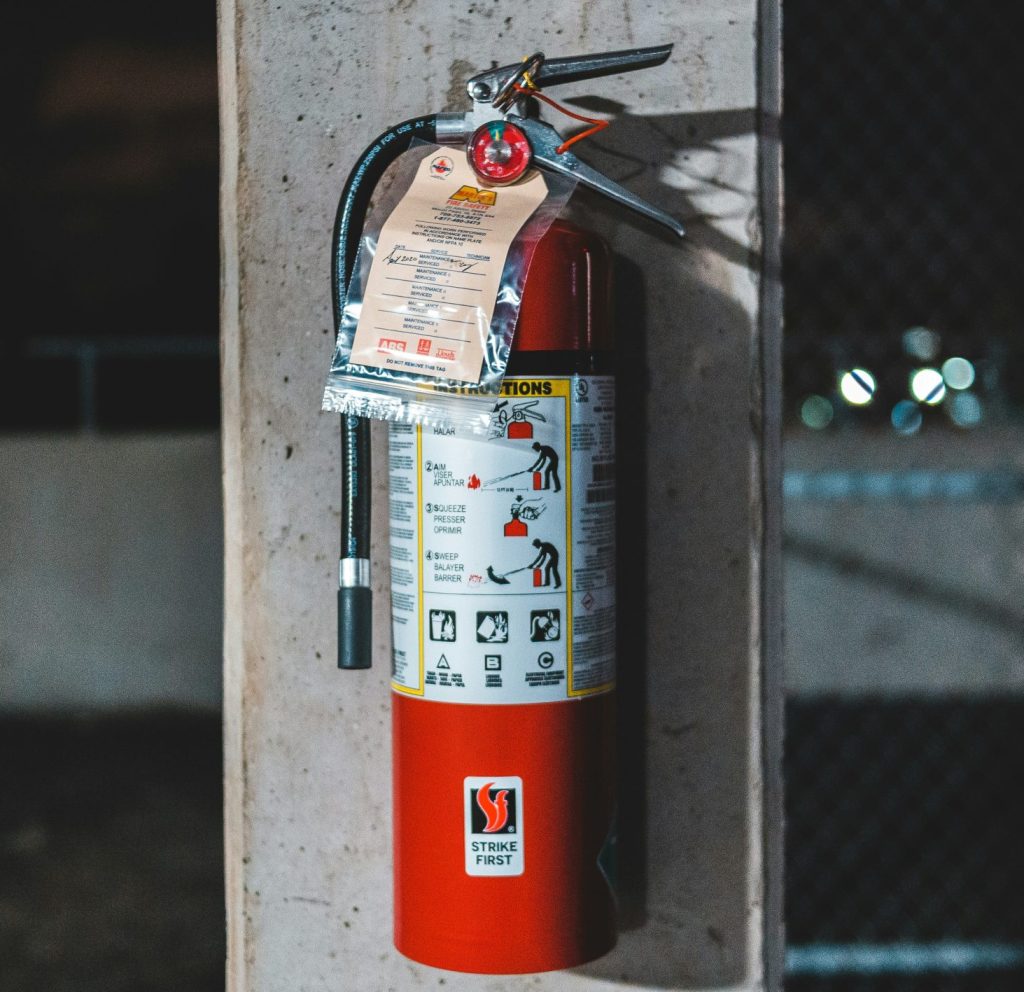Environmental Considerations

Environmental risk management begins with being aware of pollutants that can harm the environment and taking measures to reduce their impacts. Environment, Health & Safety (EHS) Environmental Protection and Permitting Program (EP3) coordinates Phase I and Phase II Environmental Site Assessments (ESAs) to investigate site soil and groundwater quality for property that the U-M is interested in purchasing or leasing and for U-M properties undergoing construction or renovation.
If the assessment identifies contaminants within the subsurface, the concentrations are compared to risk-based criteria for site-specific exposure pathways. If remediation is deemed necessary, cost effective and innovative solutions are implemented.
Awareness and action relating to environmental protection continues when University of Michigan (U-M) properties are undergoing construction or renovations. U-M construction workers, and contractors, must work with EH&S to prevent pollutants related to construction activities from entering the environment and ensure the health of the environment surrounding the construction site is not compromised.
EP3 provides assistance with the following environmental criteria in the design plan. The list is not all inclusive; it highlights the common or typical areas to consider when designing your project:
- Aboveground and Underground Storage Tanks
- Bulk Chemical and Oil Storage
- Air Quality (for example, boilers and emergency generators)
- Post-Construction Stormwater Management
- Standards for the Proper Management of Open and Closed Loop Wastewater
- Soil Erosion and Sediment Control
- Dye Testing for Stormwater and Sanitary Systems
- Exterior Cleaning and Powerwashing for Contractors
- Wetlands
- Threatened and Endangered Species
- Geothermal and Groundwater Monitoring Wells
- Soil, Groundwater, and Slurry Disposal
Permits and Assessments
In addition to reviewing design plans, EP3 is also responsible for obtaining permits and overseeing environmental assessments, where applicable, some of which can take six to nine months (or longer) to obtain.





